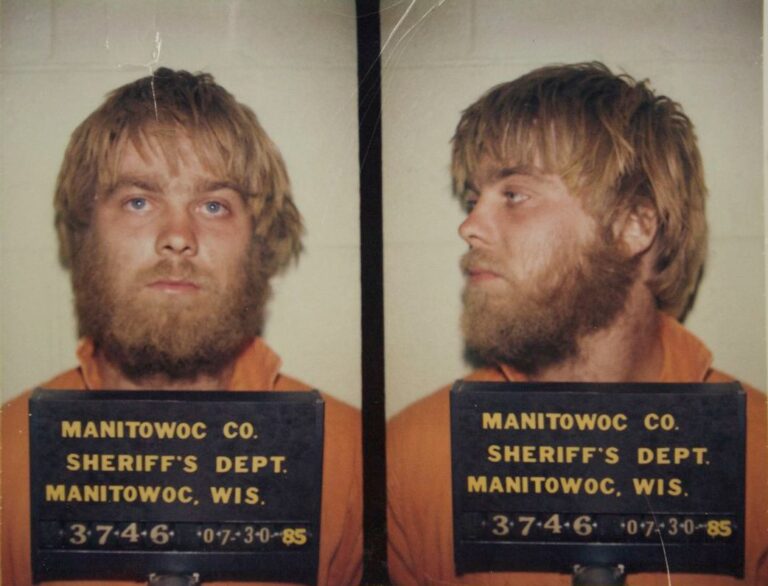All content tagged with: Racial Analogues
Filter
Post List

Resist, Revolt, Rinse, Repeat
By Cleo Hernandez Associate Editor, Volume 23 A public square, angry words, angry people, police in riot gear, torches bright against a night sky, flags, homemade signs and banners, summer heat. Some would say that this is what democracy looks like, [1] but perhaps it is the failure of democracy that brings people to the streets. For those whose combined voices, votes, or dollars are too small in number to form a majority capable of effecting political change,[2] or for those of color competing against a white majority, protests and other forms of unconventional political participation may seem more effective at achieving equality goals.[3] The recent incidents in Charlottesville can be characterized as a racial protest.[4] Charlottesville 2017[5] was not a spontaneous outburst of hatred and violence fanned into flame by diverging partisan reactions to the Trump administration,[6] but another battle in America’s longstanding struggle against racism. Early protest scholarship orbited around the assumption that the benefits of protest are undeniable, but that the extreme inherent costs should always prevent people from protesting.[7] Costs of protesting can include anything from the increased likelihood of arrest, to the time required to protest, to the possibility of losing employment because of protest participation. Indeed, the law operates on four different yet interlocked levels to restrict protest and discourage people from protesting.[8] Police officers regulate protestor behavior in the streets with varying degrees of physical force.[9] Legislatures enact laws that restrict protests in time, place, and manner.[10] Administrative agencies sometimes require permits and fees for protests.[11] And finally, the judiciary then operates as a reviewer of these three regulators in freedom of speech concerns, and as a final restrictor for protestors if they face criminal charges.[12]Flint Residents Still Searching for Justice
By Rita Samaan Associate Editor, Vol. 22 To this day, Flint residents cannot trust the water flowing from their taps. Why is it taking so long to get clean water for Flint’s residents? Does it inform our answer if we consider that the city’s majority population is African American…The Right to Bear Arms? Muslim Americans and Second Amendment Rights: Part 2
This piece is the second of a two-part series on Muslim Americans and Second Amendment rights. Read the first post here. By Serena Rabie Associate Editor, Vol. 21 Executive Editor, Vol. 22 In a previous piece I discussed the aftermath of the Pulse Nightclub shooting in Orlando, Florida and…The Right to Bear Arms? Muslim Americans and Second Amendment Rights: Part 1
This piece is the first of a two-part series on Muslim Americans and Second Amendment rights. Read the second post here. By Serena Rabie Associate Editor, Vol. 21 Executive Editor, Vol. 22 The recent shooting at Pulse nightclub in Orlando, Florida has reinvigorated two of the most tense debates of the…In Wake of Affirmative Action Victory, Minority and Low-Income Students Still Face Barriers to Higher Education
By Luis Arias Associate Editor, Vol. 21 Executive Editor, Vol. 22 Minority and low-income students remain underrepresented at most of our nation’s universities. Although many institutional and societal problems contribute to the low minority and low-income student enrollment rates, one contributor is especially troubling. These students lack access to the…Task Force on Chicago PD Reforms Highlights Race Problems
By Dan Cho Associate Editor, Vol. 21 Contributing Editor, Vol. 22 Last December, after the release of a dash cam video showing Jason Van Dyke, a white Chicago police officer, shooting Laquan MacDonald, an unarmed black teenager and in the midst of the subsequent protests, Mayor Rahm Emanuel…
Constitutional Disparagement? : Legal Challenges to Racist Imagery
By Tom Topping Associate Editor, Vol. 21 Contributing Editor, Vol. 22 In 2015 an activist group named People Not Mascots became one of the latest organizations to file a complaint with the U.S. Patent and Trademark Office seeking to have a disparaging image’s federal trademark revoked. The target…#MediaSoWhite
By Saeeda Joseph-Charles Associate Editor, Vol. 21 Managing Editor, Vol. 22 Jada and Will Smith boycotted the Oscars this year in what they said was an attempt to bring attention to the lack of diversity[1] in Hollywood. Other stars, like David Oyelowo, Lupita Nyong’o, and George Clooney,…
Whitewashing wrongful conviction: reflecting on Making a Murderer
By Breanna Caldwell Associate Editor, Vol. 21 Executive Editor, Vol. 22 On the off chance that you have been able to avoid the national phenomenon surrounding the Netflix documentary series, Making a Murderer, since it first aired in December 2015, I will provide a brief overview of the…Being black at a PWI: “We are all ConcernedStudent1950”
By Saeeda Joseph-Charles Associate Editor, Vol. 21 After students, faculty, and even lawmakers called for his resignation, the University of Missouri’s system president, Tim Wolfe, finally stepped down earlier this month. On November 2nd, graduate student Jonathan Butler launched a hunger strike, which he said would end…


